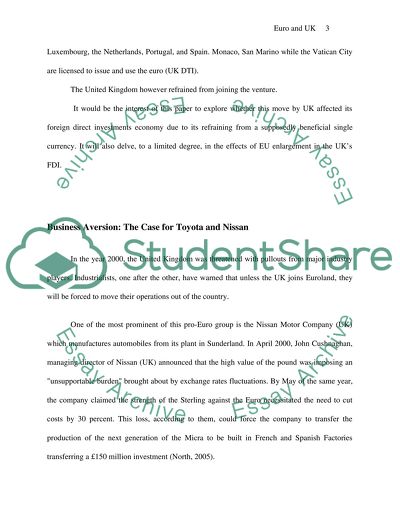Cite this document
(The UK Department of Trade and Industry Term Paper, n.d.)
The UK Department of Trade and Industry Term Paper. Retrieved from https://studentshare.org/politics/1526314-the-monetary-union-and-uks-defiance
The UK Department of Trade and Industry Term Paper. Retrieved from https://studentshare.org/politics/1526314-the-monetary-union-and-uks-defiance
(The UK Department of Trade and Industry Term Paper)
The UK Department of Trade and Industry Term Paper. https://studentshare.org/politics/1526314-the-monetary-union-and-uks-defiance.
The UK Department of Trade and Industry Term Paper. https://studentshare.org/politics/1526314-the-monetary-union-and-uks-defiance.
“The UK Department of Trade and Industry Term Paper”, n.d. https://studentshare.org/politics/1526314-the-monetary-union-and-uks-defiance.


